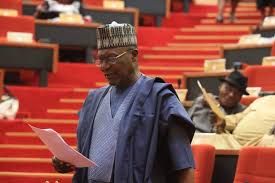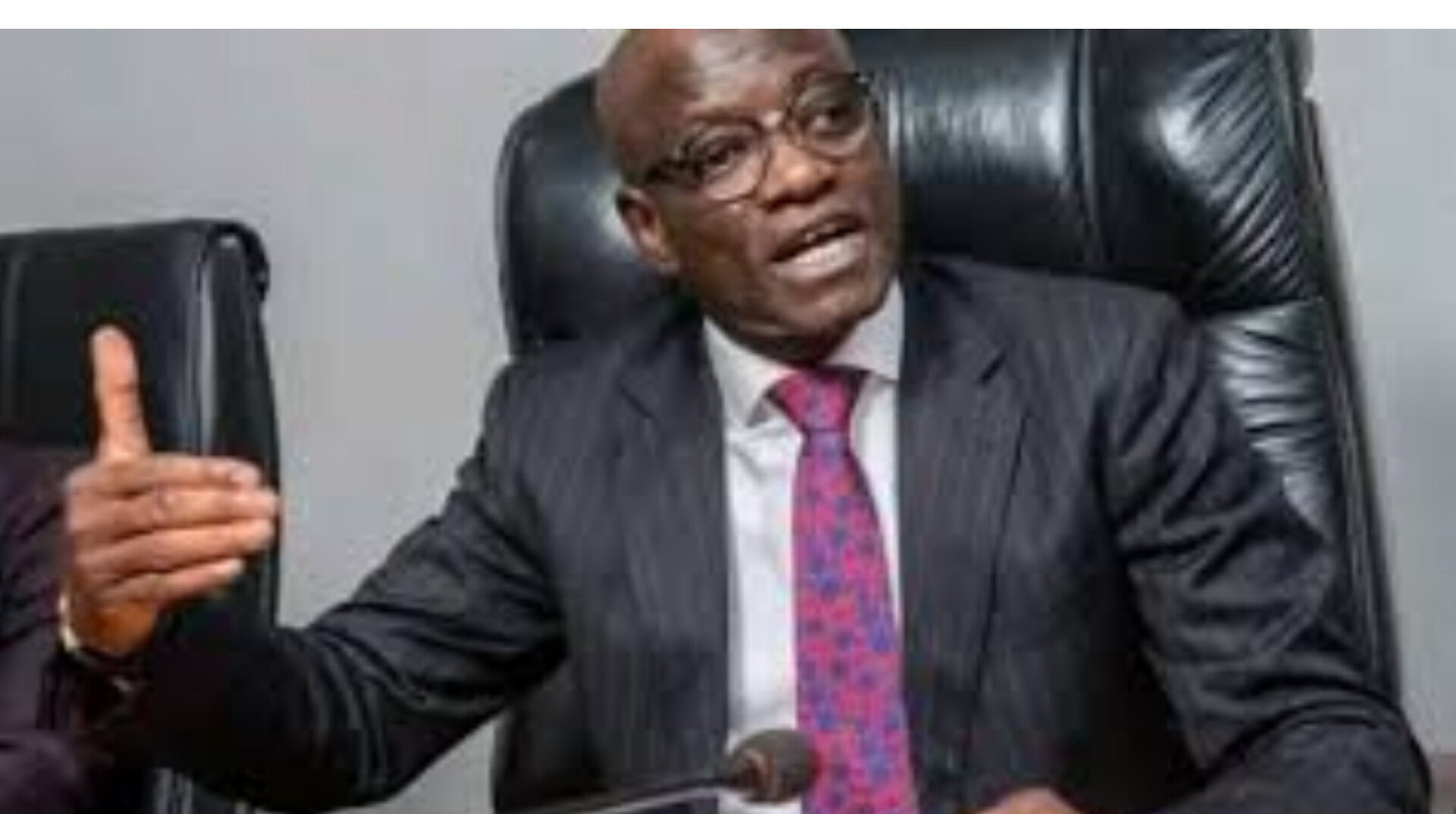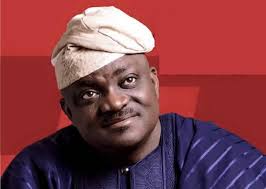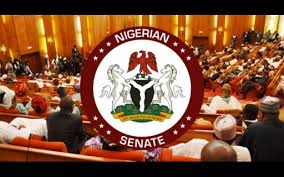**applauds Supreme Court over judgement on section 84(12)
There is every need to amend the Electoral act 2022 to revert to the Direct Primary mode the National assembly earlier adopted going by widely reported misuse of the consensus mode during the recently held primaries, Former senate leader and Senator representing Kebbi North Yahaya Abdullahi has indicated
Lawmakers had slammed the mandatory use of direct primaries on all political parties in the electoral bill, however, President Muhammadu Buhari declined to sign the bill until it was amended to include, indirect and consensus modes.
However during the primary election held recently the Governors still had the field day as there was alleged misuse of the consensus primary mode for their selfish interests to the detriment of the lawmakers.

Hence more than 70% of the lawmakers lost out to the power play with their governors of which Senator Abdullahi was a victim leading to defections from the ruling APC to opposition political parties.
Coming under order 41 of the senate standing order as amended the former senate leader raised a matter of urgent national importance saying,
“Our recent nasty experience of the misuse of consensus and delegate system has vindicated our earlier position on the merit of direct primaries provided a verifiable membership of the register of political parties is kept simultaneously at the ward level and with INEC with all necessary safeguard against corruption and data manipulation put in place.
“Secondly, we still as a national assembly have a major outstanding matters that remains, that is we have to after the 2023 election, study the entire implementation process of what had happened so that we might have to revert to our earlier stance on direct primaries.
“We have the responsibility in this 9th assembly that as the political process towards 2023 unfolds the national assembly needs to be observant of the loopholes and weaknesses of the 2022 electoral act so that a comprehensive assessment can be undertaken to provide adequate grounds for making amendments to the act before the end of the 9th National Assembly.”
On the recent judgement by the supreme Court over section 84(12) of the electoral Act 2022 he said,
“I rise to congratulate the 9th National Assembly for resisting the pressure from the executive arm of government to amend section 82(12) of the electoral act 2022.
“I also want to congratulate the Supreme court for the clarity, decisiveness and the unanimity of its verdict in upholding the separation of powers principle as enshrined in the 1999 constitution.
“I also want to congratulate Nigerians for this major victory in our match to true democratic governance anchored on the rule of law.
“My view is that the supreme court judgement should be celebrated for two reasons:: the first one is that it restored the power of law making in the national assembly.
“The second one is that it established a principle that once a President assents to a bill, he or she can not appropriate and reprobate. He or she can not go to court to amend or reject the bill in part or in whole.
“This is a major principle that has emerged from this particular judgement.
President of the Senate, Ahmad Lawan said that efforts will be made by the National Assembly to amend the electoral act to serve as safeguard against weaknesses identified in the law.
Lawan, in his remark, described the judgement by the Supreme Court on Section 84(12) of the Electoral Act as a “landmark” judgment that vindicates the National Assembly.
According to him, further amendment of the Act would strengthen it ahead of the 2023 general elections.
He said, “Let me say that this is one major landmark judgement by the Supreme Court, that the National Assembly had done their job and the court upheld it
“The idea of what method of primaries should be adopted at the moment is entirely left for the political parties to decide.
“But as we implement the electoral act 2022, we are supposed to be very observant of the strengths and weaknesses of the law.
“This law is supposed to improve on the electoral processes and procedures in our country.
“So, it is for us to ensure that where there are weaknesses, we try to come up with measures, amendments to deal with the issues of weaknesses in the law.
“And, I’m sure it will come full circle when the 2023 elections are held.
“I have no doubt in my mind that all of us in the National Assembly, not only in the Senate, but in the House as well, feel that we must do everything and everything possible to make this electoral act serve the purpose for which it was passed and assented to.
“Therefore, I believe that we should work tirelessly to take note of those areas that we feel are not strong enough – that are weak points in the law – with a view to strengthening them before we finally take our exit in 2023.”




